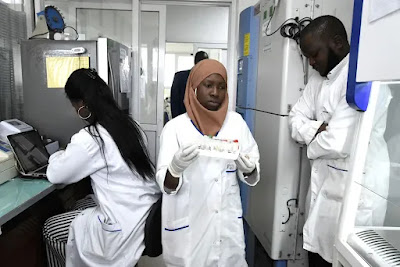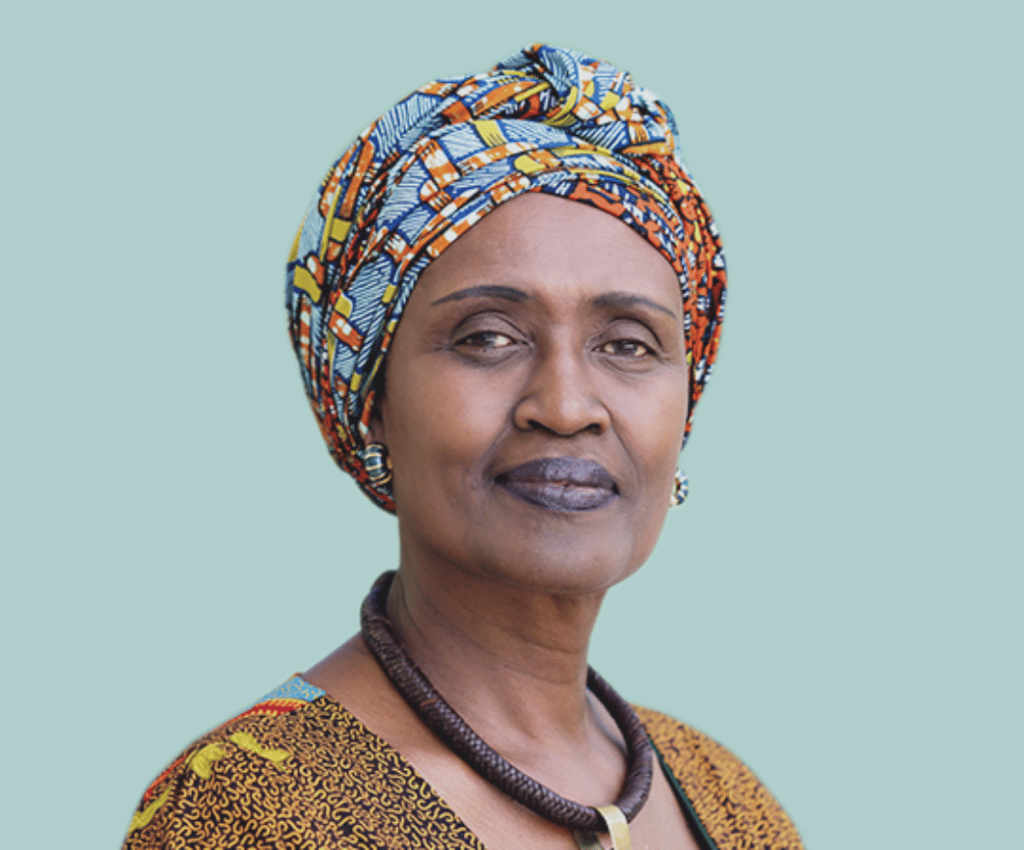...As No of cases hit 9,200 in 63 countries
...Fresh COVID-19 cases increase by 30% in 2 weeks
By Sola Charles
The World Health Organisation has warned against any complacency towards global infectious diseases even as 9,200 monkeypox cases were reported in 63 countries last week.
The WHO Director General, Tedros Adhanom Ghebreyesus, who spoke in a media briefing in Geneva, said the Emergency Committee will reconvene next week and look at trends, how effective the countermeasures are, and make recommendations for what countries and communities should do to tackle the outbreak.
His words: “I again stress that we must work to stop onward transmission and advise governments to implement contact tracing to help track and stem the virus as well as to assist people in isolation.
“First, the WHO is working closely with civil society and the LGBTIQ+ community, especially to tackle the stigma around the virus and spread information so people can stay safe.
“Second, WHO continues to work with countries and vaccine manufacturers to coordinate the sharing of vaccines, which are currently scarce.
“Third, WHO continues to work with countries and experts to drive forward research and development.
Tedros said that on Sunday and Monday, the National Institute for Biomedical Research in the Democratic Republic of Congo, the National Institute of Health and Medical Research, and the National Institute of Allergy and Infectious Diseases in collaboration with WHO, convened researchers and experts in trials worldwide to develop consensus on a global CORE protocol for the evaluation of treatments for monkeypox.
On COVID-19, Tedros said that the WHO Emergency Committee met and concluded that the outbreak remains a Public Health Emergency of International Concern, PHIEC.
“New waves of the virus show that the pandemic is not over. We must push back with safe and effective tools to prevent infections, hospitalizations, and deaths.
In a statement at the 12th meeting of the International Health Regulations (2005) Emergency Committee regarding the coronavirus disease (COVID-19) pandemic, Tedros said that concurs with the advice of the International Health Regulations (2005) (IHR) Emergency Committee regarding the ongoing COVID-19 pandemic and determines that the event continues to constitute a Public Health Emergency of International Concern (PHEIC).
The WHO DG considered the advice provided by the Committee regarding the proposed Temporary Recommendations.
The Executive Director of the WHO Health Emergencies Programme, Dr. Michael J. Ryan, said new cases had increased by 30 percent in the last two weeks, largely driven by Omicron BA.4, BA.5, and other descendent lineages and the lifting of public health and social measures in several WHO regions.
The WHO Secretariat presented a global overview of the current status of the COVID-19 pandemic and highlighted a number of challenges to the ongoing response.
The Committee noted that both the trajectory of viral evolution and the characteristics of emerging variants of the virus remain uncertain and unpredictable, and, in the absence of the adoption of PHSM aiming at reducing transmission, the resulting selective pressure on the virus increases the probability of new, fitter variants emerging, with different degrees of virulence, transmissibility, and immune escape potential.
The Committee highlighted the need to improve surveillance, by broadening and developing an array of approaches and tools aiming at achieving global situational population-based and geographic representativeness. These include, but are not limited to, the integration of self-testing results and sentinel surveillance approaches into national and global surveillance schemes, aggregate sampling strategies with Nucleic Acid Amplification Test-based tools, and detailed deep genome sequence probing.
The Committee highlighted that immediate efforts are warranted to promote access for Low and Middle-Income Countries to therapeutics that reduce disease severity in both ambulant and hospitalized patients. The Committee warned that the lack of equitable access that occurred with vaccines should not be repeated with therapeutics. The Committee also highlighted the continued need for further research and development for COVID-19 in the areas of epidemiology and variants, diagnostics, clinical care including care for Post COVID-19 conditions, and additional COVID-19 vaccines.
The WHO Secretariat presented a global overview of the current status of the COVID-19 pandemic and highlighted a number of challenges to the ongoing response.
The Committee noted that both the trajectory of viral evolution and the characteristics of emerging variants of the virus remain uncertain and unpredictable, and, in the absence of the adoption of PHSM aiming at reducing transmission, the resulting selective pressure on the virus increases the probability of new, fitter variants emerging, with different degrees of virulence, transmissibility, and immune escape potential.
The Committee highlighted the need to improve surveillance, by broadening and developing an array of approaches and tools aiming at achieving global situational population-based and geographic representativeness. These include, but are not limited to, the integration of self-testing results and sentinel surveillance approaches into national and global surveillance schemes, aggregate sampling strategies with Nucleic Acid Amplification Test-based tools, and detailed deep genome sequence probing.
The Committee highlighted that immediate efforts are warranted to promote access for Low and Middle-Income Countries to therapeutics that reduce disease severity in both ambulant and hospitalized patients. The Committee warned that the lack of equitable access that occurred with vaccines should not be repeated with therapeutics. The Committee also highlighted the continued need for further research and development for COVID-19 in the areas of epidemiology and variants, diagnostics, clinical care including care for Post COVID-19 conditions, and additional COVID-19 vaccines.
















